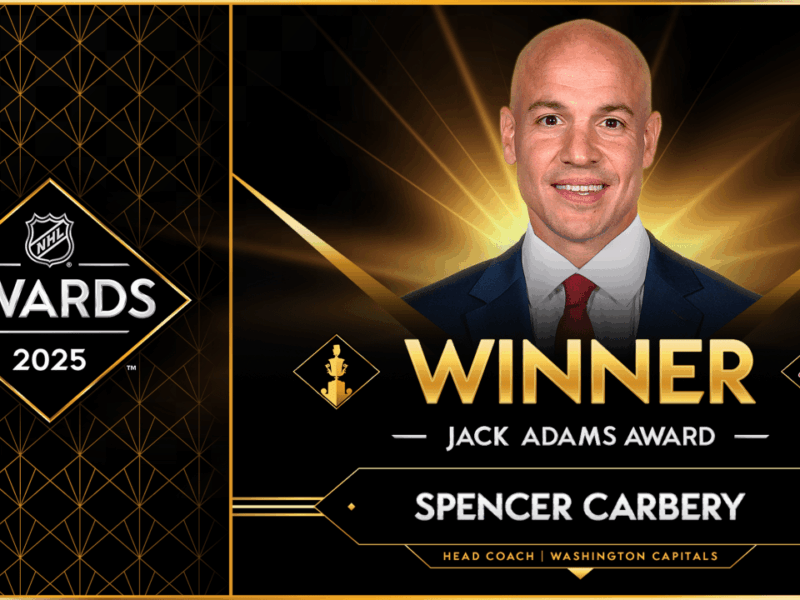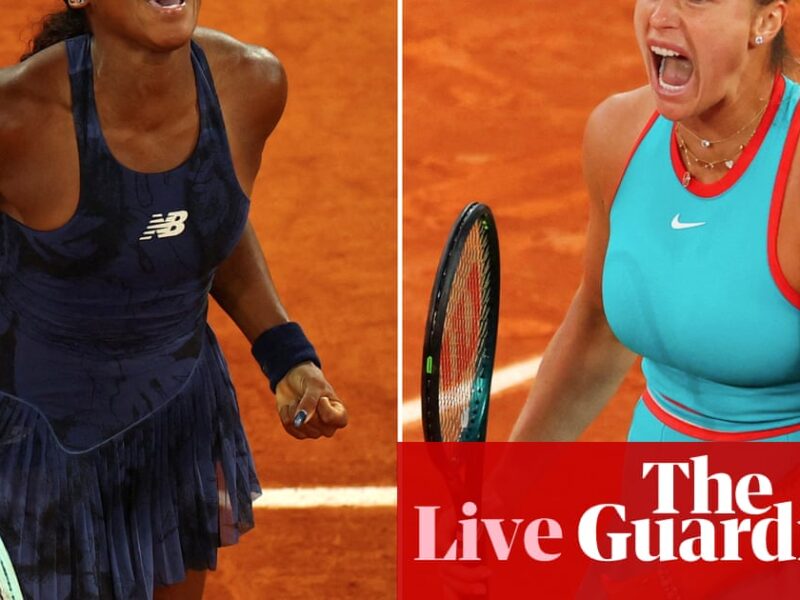Born in Plymouth in 1994, Tom Daily Britain is the most punished diver. He was 13 years old when he made history as Britain's youngest contestant in the 2008 Olympics, and became a world champion the following year. He won the gold at the Tokyo Olympics with his synchronized diving partner, Matty Lee before retiring from diving in 2024. He was married to screenplay writer Dustin Lance Black, with whom he has two sons. Documentary, Tom Daily: 1.6 seconds, is available to stream on 1 June to Discovery+.
I was obsessed With wearing tea towels. I am sure the clothes were completely rolled and were neatly stuck. If it was a little bit of rough or messy, I would get upset and rip it down and try it again. This was the beginning of my perfection – and possibly the first signs that I could not be 100% straight.
My mother says that as a child, I was very cute but I knew what I wanted. What did I want? Best to do I could do anything I tried. This is my mindset even today. If I am going to try to do something and it does not work perfectly, I do not have tantrums, but I get frustrated. It is a matter of being an athlete: it's not enough to be good – you should be the best. This is not something you can teach, but every athlete that reaches the Olympic level has the same drive. We know that our flaws can indicate them before anyone else.
I was seven years old when I started diving. I loved water, but found floating up and down – diving was much more fun. I started jumping from the edge of the pool, then tried one-meter. The first time I tried a 10-meter platform, I was eight years old. I remember I was crawling on the shore because I was very scared to walk – the board seemed to reduce in size with every step and suddenly looked like a tight. I was entering the water, thinking: “There is no way that I can jump on it.” But once I was in the air, I was not going back. This was a real and enthusiastic moment – freefalling for 1.6 seconds. As soon as it was over, I knew that I wanted to do it again.
My childhood was fantastic. I was always out, and we used to go for weekends in our caravan in Newcomer. I very safe, love and care. Because I was very happy with my family, I hated traveling for competitions – I would find so much home. It was terrible to be on the other side of the planet from your parents when you are 10 years old – especially when all the other competitions were very old. I could not imagine how painful it was to cry my son at the end of the phone for my parents.
My father Rob was my biggest cheerleader. He will work all day, pick me up from school, take me to the pool and stay the whole evening until training is over. He will be there for every competition. We were a team, and it was our dream together. He was great at teaching me about the perspective: if I bombed in a competition, he would say: “You came 30th, but you are still the 30th best in the world.”
When father died [of a brain tumour in 2011]I went for training the next morning. I competed without any proper break. Perhaps this is a British thing, but I and my family will not speak about being near him. It is as if we did not want to bother anyone, or feeling uncomfortable them. I also felt that I had to be strong – the person who could support my family. It was only when I met my husband Lance, and he used to ask why I would not speak about my father, that I gave myself a place to mourn. And it still hits me, especially when those major milestones are. He missed me on winning his first Olympic medal, my marriage, my first son's birth.
Lance and I met In 2013 in a dinner. We talked and talked until we both realized how our life was. He had lost his brother; I lost my father. He only won his Oscar; I won just one Olympic medal. This was the first time I could complain to someone who knew that I was not really complaining about success. I was complaining about what happens on the other side – pressure and expectations. Knowing that nothing will re -compare that feeling.
I met Lance in March and came out of the media after nine months. I don't think I would ever say anything about my personal life until I met anyone like Lance. Once we fell in love, I knew that I could not keep it secret. It was absolutely terrible, posting videos on YouTube, because at that time my management was not encouraging, and told me that I was going to lose my sponsorship. It was a scary thing to do this, but once when it was out, I was happy. This stopped the pressure. I can be the first time.
After promotion of newspaper
In 2024I competed At the Paris Olympics, this time in Tow with my sons. As a father, I still had a priority, so I had to deal with running on low sleep. I went to bed at 8 o'clock, because I did not know how many times I would get up at night. I wake up early for training, but I would make sure that I was at home to help Lance with Lance. I always found it incredibly difficult to leave them for competitions, and I had a sense of crime with me. My husband is very helpful, and he has sacrificed a lot for me. But now I have retired, this is his moment. He is like this: “It's my turn to bring my career back on track!”
I'm an athlete For most time of my life, so it is taking time to adjust my new reality. I have a habit of being disciplined that even though I am out to dinner on Saturday night, and someone asks if I would like a glass of wine, I feel a second to feel that I really allow me. Food is the same. When I was about to go to the 2012 Olympics, I was told by a coach that I needed to lose weight. After that, I had some issues with food disorders. At that time it was something that men did not really speak, so I kept it with me and felt very lonely. Once I was able to get proper nutritional support and learned more about what my body needs, and how to fuel it, my recovery started. But in truth, this response still affects me. I know how I can see, and how I liked, at my peak. Now that I am not training six hours a week, six days a week, I am never going in the same form.
When I look at this picture, I think how innocent I look. In the photo, the boy has no meaning that the society thinks or is wrong. I could live and be happy and independent. I am happy that my parents were the kind of people who celebrated what I was; An Olympian diver or a boy who preferred to wear tea towels around his waist.
Discover more from Daily Hind News
Subscribe to get the latest posts sent to your email.



